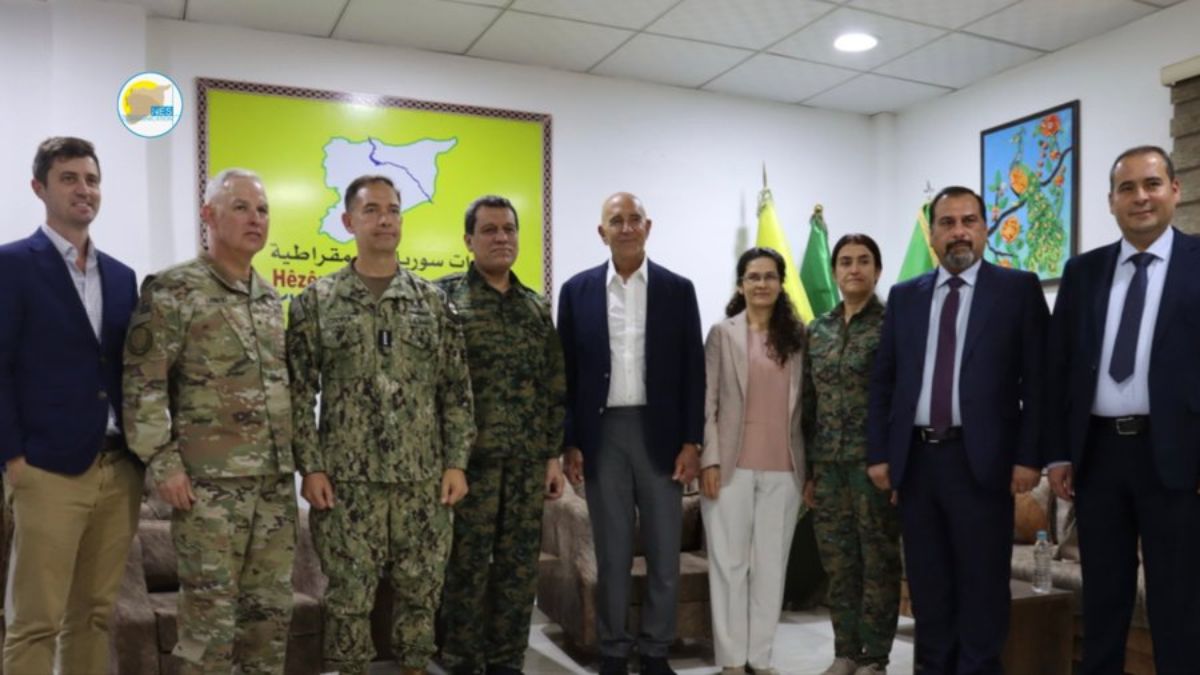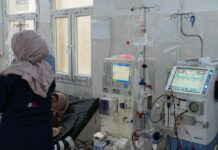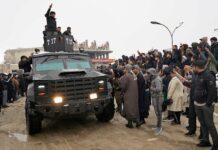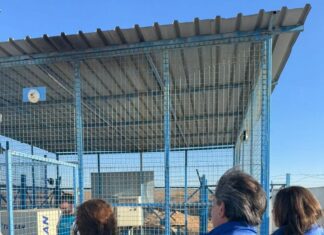
The Syrian Democratic Forces (SDF) and the Syrian government have taken “tangible steps” toward unifying their military and administrative structures, signaling a possible new phase in Syria’s post-war landscape. According to Syria TV the SDF agreed to finally hand over oil production in Deir Ezzor to the government as part of an initial integration phase. The understanding was reportedly reached during a meeting in Damascus last week between President Ahmad al-Sharaa and SDF Commander Mazloum Abdi.
According to the source, the deal—still verbal—allows Damascus to assume control of Deir Ezzor’s oil fields while the SDF retains a share of production for local use. The agreement also outlines the gradual merger of civilian and military institutions, beginning in Deir Ezzor and expanding to Raqqa and Hasakah.
A “Unified National Army”
In remarks reported by Ronahi TV, Abdi confirmed that a military committee from the SDF arrived in Damascus to discuss joint operations and the integration of SDF units into the Syrian Army. “The goal is to form a unified national army capable of protecting all Syrians.”
The plan includes incorporating three SDF divisions and several brigades into the national army, distributed across Hasakah, Raqqa and Deir Ezzor. Internal security forces known as Asayish would join the Ministry of Interior’s command. Abdi described the talks as “constructive” and said they reflect “a shared will to ensure stability and prevent a return to war,” according to comments to Agence France-Presse (AFP).
US and Regional Engagement
The meetings in Damascus came shortly after US Special Envoy Tom Barrack and US Central Command Chief Admiral Brad Cooper visited Syria. Their presence indicated Washington’s continued involvement in shaping security arrangements in northeastern Syria, especially in the fight against ISIS. Abdi told Ronahi TV that Washington proposed forming “a joint SDF-government force to conduct nationwide counterterrorism operations”—a plan both sides reportedly accepted.
At the same time, regional diplomacy has intensified. Turkish President Recep Tayyip Erdogan urged the SDF to “support Syria’s unity” and “move away from wrong paths,” as reported by Anadolu Agency. He emphasized Turkey’s commitment to coordinating with Damascus to safeguard stability. Turkish Defense Minister Yasar Guler reiterated Ankara’s refusal to tolerate “any terrorist organization, especially the PKK/YPG/SDF,” operating along its borders.
Decentralization and Constitutional Dialogue
Beyond the military file, both sides appear to have agreed on the “principle of decentralization” as a foundation for future governance, though disputes remain over terminology. Abdi said discussions are ongoing to incorporate elements of the March 10 agreement into Syria’s constitution, with future meetings planned to refine these provisions.
Representatives from Raqqa and Deir Ezzor are expected to join upcoming sessions, reflecting an effort to ensure regional participation in shaping Syria’s new political structure. Despite the absence of a signed accord, both Damascus and the SDF describe the dialogue as a “turning point” toward a Syrian-led settlement that could reshape power-sharing and resource control across the country.








